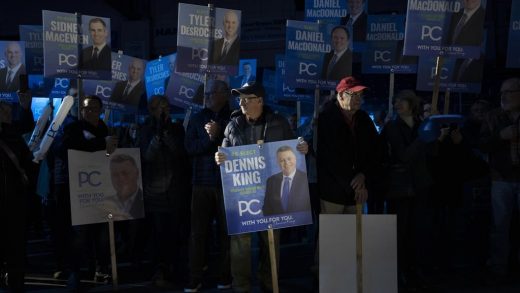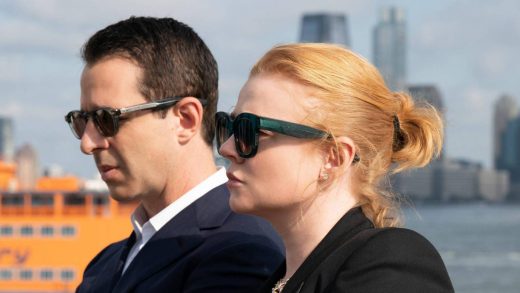
The sharemarket fell sharply to the lowest level in almost two years as investors fret about rising interest rates, Chinese lockdowns and Russia’s warmongering.
The benchmark S&P/NZX 50 Index dropped 1.96%, or 227.678 points, to 11,381.70 on Monday, its lowest level since June 2020.
Shares fell in most Asian markets as interest rate hikes, the impact of Covid-19 lockdowns in China, and Russia’s war in Ukraine weighed on sentiment. Investors were concerned that Russian President Vladimir Putin may use Russia’s Victory Day on Monday to ramp up military operations to secure the war.
“It really is a trifecta of headwinds, which are reducing the share prices locally,” said Hamilton Hindin Greene investment adviser Jeremy Sullivan. “It’s all of those things, and because they’re all happening at once, that’s why we’re seeing the market continue to drift. It is a broad-based reduction in prices.”
READ MORE:
* Sharemarket trading subdued as investors await US interest rate decision
* Sharemarket gains after tech rally on Wall Street
* Sharemarket falls as investors fret over inflation, growth, interest rates
Still, Sullivan said the declines meant there was some value appearing in the market.
“I do feel there’s an element of capitulation here where people are just selling because they’re just over all the dramas,” he said.
While it was difficult to pick the bottom of the market, many companies were trading below their net tangible asset value, so were worth more than their share price suggested, he said.
“It does look to be overdone,” Sullivan said.
“I would describe it as ‘a buyer’s strike’. You’ve got lots of people lining up to sell, but not in huge volumes, and people are sitting on their hands going, ‘when are all these things going to clear and can we at least get rid of one of the three challenges, and can we at least get some good news somewhere’, and people are waiting for that moment. And once you do start to see that, things will change very, very quickly.”
RICKY WILSON/Stuff
The benchmark index fell to its lowest level in almost two years as global jitters weighed on investor sentiment.
DGL dropped 15% to $3.28, taking their decline so far this month to 23% and wiping $273 million from the company’s value. The chemical company’s shares have slumped after the NBR last week published offensive comments from the founder Simon Henry about celebrity chef Nadia Lim.
“Investors are voting with their feet and they’re heading for the exits,” said Greg Smith, head of retail at Devon Funds Management, which doesn’t own the stock and has placed DGL shares on its excluded companies list following the comments.
Retirement village operator Oceania Healthcare gained 2.1% to 99 cents after announcing it had bought two established retirement villages, in Auckland and Northland, for $57m.
Westpac rose 3.2% to $27.10 after the company’s Australian parent posted a first-half cash profit of A$3.10 billion (NZ$3.4b), higher than expected.
The Fonterra Shareholders’ Fund slid 1.4% to a record low of $2.80. Fonterra pulled back its forecast milk payment to farmers for this season as global ructions weigh on world dairy prices.
Fonterra chief executive Miles Hurrell cited Covid-19 lockdowns in China, an economic crisis in Sri Lanka and the Russia-Ukraine conflict among recent events which have resulted in short-term impacts on global demand for dairy products.
Freightways dropped 4.7% to $11.25 after the transport company said about a quarter of its New Zealand workforce contracted Omicron through March and April, costing it between $5m to $7m in earnings in the second half of its financial year.
Shares closed lower on Wall Street on Friday with the market’s fifth straight weekly decline. Worries are simmering the that despite strong US employment trends, the Federal Reserve’s efforts to tame inflation by raising interest rates may send the American economy into a recession.
– With AP


